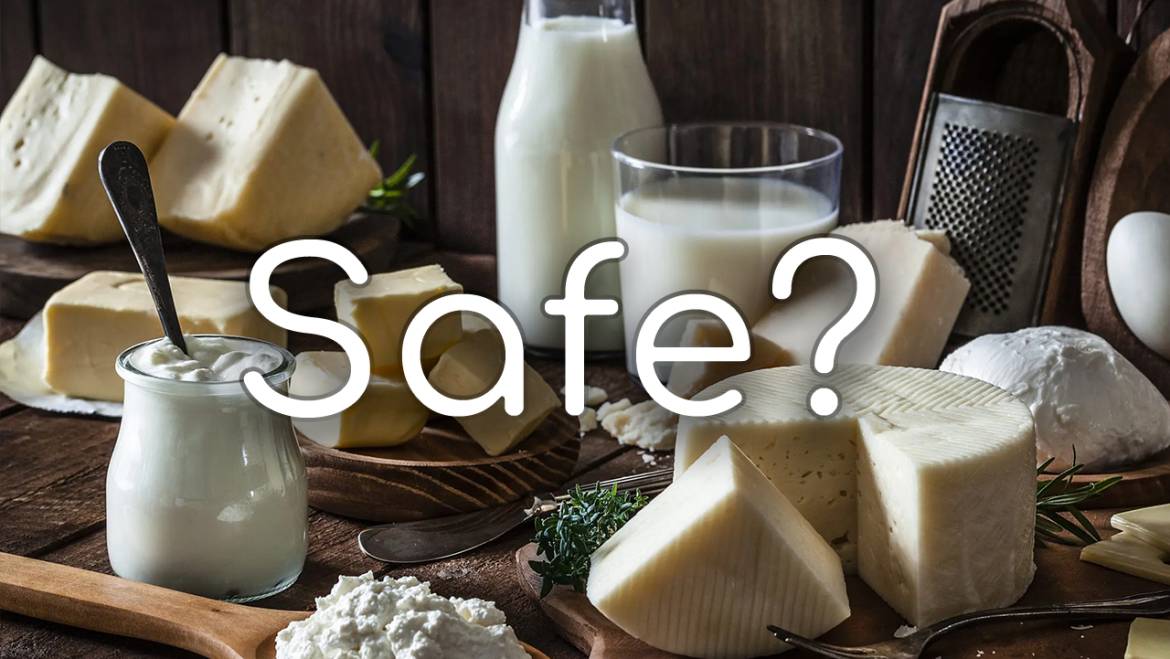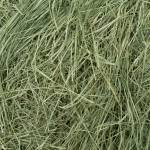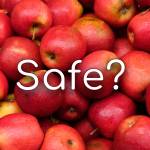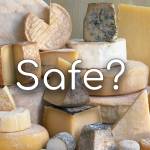Chinchillas are adorable, fluffy, and charming pets that many people adore. When it comes to feeding them, however, there are a lot of questions that pet owners have. One of the most common questions is whether chinchillas can have dairy. In this article, we will explore the topic of dairy and chinchillas in detail, examining the risks and benefits of feeding dairy to your furry friend.
What Is Dairy?
Before we dive into whether chinchillas can have dairy, it’s important to understand what dairy is. Dairy refers to any product that is made from the milk of mammals, such as cows, goats, sheep, and buffalo. This includes milk, cheese, yogurt, and butter.
Why Dairy May Be Harmful to Chinchillas
While dairy is a great source of nutrition for humans, it may not be suitable for chinchillas. There are a few reasons why dairy may be harmful to chinchillas:
- Lactose Intolerance: Like many other animals, chinchillas are lactose intolerant, meaning they cannot digest lactose, which is the sugar found in milk. Feeding your chinchilla dairy products can lead to digestive upset, including bloating, diarrhea, and gas.
- High Fat Content: Dairy products are high in fat, which can lead to obesity in chinchillas. Obesity can cause a variety of health problems, including heart disease, respiratory problems, and liver disease.
- Allergies: Some chinchillas may be allergic to dairy products. Symptoms of a dairy allergy can include skin rashes, itching, and respiratory issues.
Alternatives to Dairy for Chinchillas
If you want to give your chinchilla a treat but are concerned about the risks of dairy, there are plenty of alternatives to consider:
- Hay Cubes: Hay cubes are compressed blocks of hay that are a great source of fiber for chinchillas. They come in a variety of flavors, including timothy hay, alfalfa, and orchard grass.
- Dried Fruit: Dried fruit, such as apple slices or banana chips, can be a tasty treat for chinchillas. Just make sure to give them in moderation, as they are high in sugar.
- Fresh Vegetables: Fresh vegetables, such as carrots, kale, and spinach, are a great source of nutrition for chinchillas. Just make sure to introduce them slowly and in small amounts, as sudden changes to a chinchilla’s diet can cause digestive upset.
Dairy as a Last Resort
While dairy should generally be avoided when it comes to chinchillas, there are some situations in which it may be necessary. For example, if your chinchilla is sick and not eating, you may need to feed them a small amount of plain, unsweetened yogurt to help boost their appetite. Similarly, if your chinchilla is recovering from surgery or illness and needs to gain weight, a small amount of cottage cheese or plain, unsweetened yogurt can be added to their diet.
In conclusion, while dairy may be a tasty treat for humans, it’s not always the best choice for chinchillas. With their lactose intolerance and susceptibility to obesity, feeding your chinchilla dairy products can lead to health problems. However, there are plenty of alternatives to consider, such as hay cubes, dried fruit, and fresh vegetables. As with any dietary changes, it’s important to introduce new foods slowly and in small amounts to avoid digestive upset. By following these guidelines, you can keep your chinchilla healthy and happy without compromising on their dietary needs.







